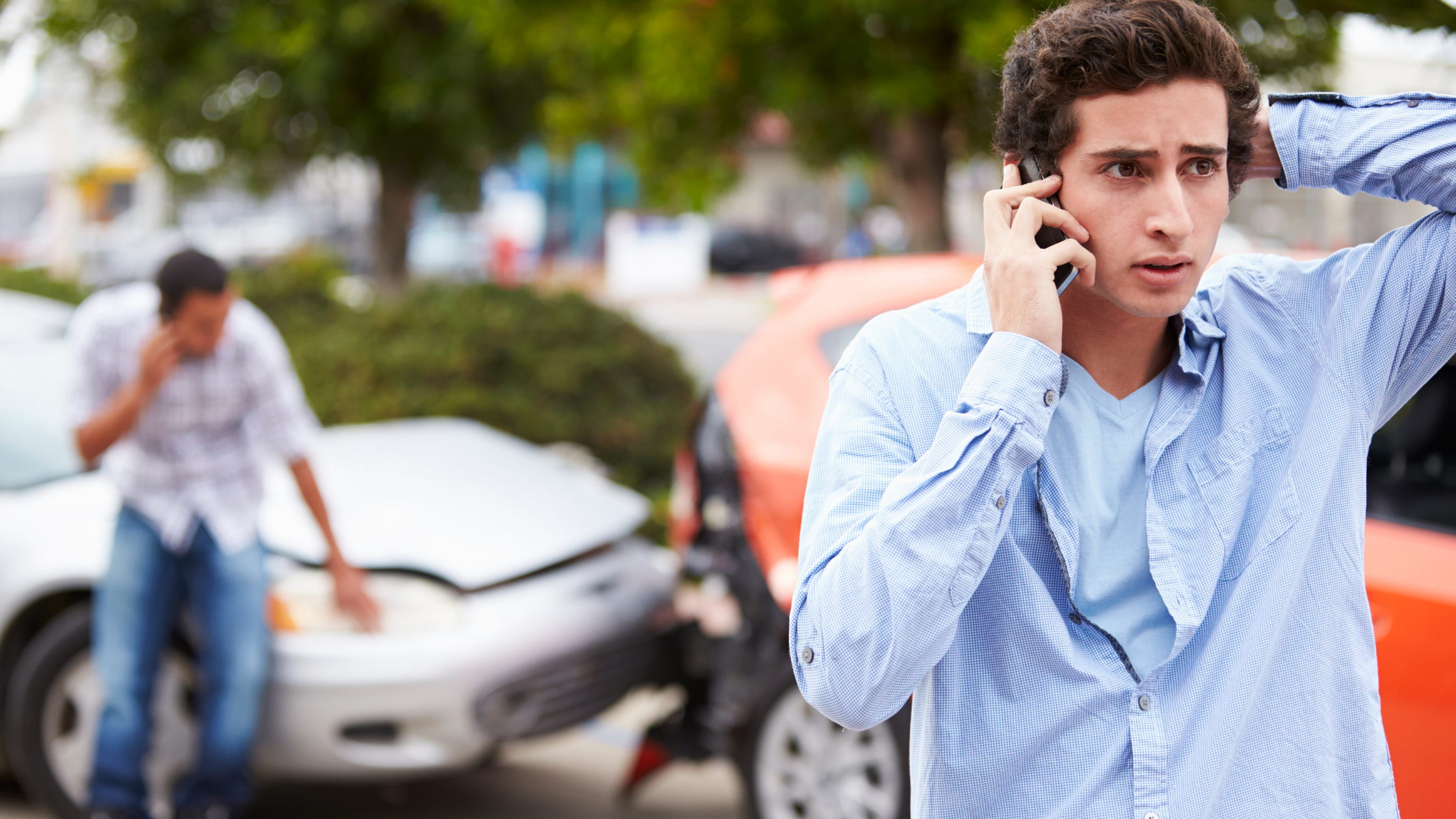For the last three decades as a personal injury lawyer in Kansas City, I have represented countless people who have been injured in motor vehicle accidents, many of them teens. Having seen a dramatic increase in accidents and personal injuries that involved a teen driver, I have created a series of articles to share elevated insights I have, about the leading causes of motor vehicle accidents and how to prevent them.
The articles focus on teaching parents the importance of driving by example, and teaching their teens what I call the ABC and Ds of driving – Alert, Buckled, Cautious, and Defensive.
In this article, I cover four very important teen driving facts that every parent must know when their teens start to drive.
The Responsibility Teen Drivers Face Today
The day your teen is old enough to drive is a very exciting day!
But as a parent, it’s very important to know and understand that while driving provides your teen with more freedom, and perhaps relieves you of the inconvenience of needing to drive them everywhere they need to go, you as a parent, and your teen as a driver, are also entering a completely new world of risk.
Today, driving is as much a responsibility as it is a freedom.
Fatalities and serious motor vehicle injuries are on the rise as people are more distracted, drive faster, and are more impatient.
Your teens are not only in the middle of this, but are in danger every time they get behind the wheel.
“Motor vehicle crashes are the second leading cause of teen deaths across the US, with six teenagers between 16 and 19 dying every day, many of which were not at fault.”
4 Important Teen Driving Facts
Here are four teen driving facts that every single parent must know and understand when their teens starts driving:
1. The first year after they get their driver’s license, teen drivers see the highest risk of accidents.
For a teen driver, driving itself is a new subject. Driving safely requires experience to be able to properly estimate dangerous driving situations and make critical decisions that could cause them to avoid an accident.
With little experience in real driving situations, teen drivers have a high chance of getting into accidents, with their first year being the highest-risk period.
One way parent’s can help teen drivers in Missouri gain more experience when they first start driving is by enforcing Missouri’s GDL law.
2. Teen drivers face higher risks when driving at night.
You don’t need me to tell you that driving at night increases the risk of a car accident. But when it comes to teen drivers, the risk of crashes is highest at night. Driving at night poses a more hazardous driving situation.
Parents can help prevent night driving by establishing curfews, never letting your teen driver drive to a party, and if your teen does need to drive after dark, ensure you know exactly where they are going, how long it should take to get there, and that they call you once they arrive safely.
3. Teen drivers get into more accidents during the weekend, specifically during the summer months.
There are two reasons behind this. The first is that teen drivers spend more time driving on the weekend, and specifically during summer. But apart from the fact your teen driver is driving more on the weekend and so has a higher probability of crashing, a recent study shows that Saturday is the most dangerous day to drive, directly followed by Sunday.
Parents can help reduce the risk of a weekend crash by limiting the amount of time teen drives during the weekend or accompanying them.
Another way to reduce your teen driver’s risk of an accident on the weekend is to teach them how to get places by taking roads and routes that are not heavily congested or trafficked during the weekend.
4. A teen driver’s risk of crashing increases when they drive with other teens
Today, drivers are more and more distracted while driving with “distraction” being one of the top reasons for accidents. A teen driver’s distraction is amplified when they drive with other teens.
One of the biggest sources of distraction is your teen’s cell phone. That is why it is a very important habit to teach your teen driver to glove box the phone while driving, and for you as a parent to do the same when you drive.
What Should You Do If Your Teen Driver Has Been in an Accident?
No matter how cautiously and safely you teach your teen to drive, accidents can happen. If your teen has been in a motor vehicle accident, my firm offers experienced legal consultations and personal injury representation to help protect you and your family.






